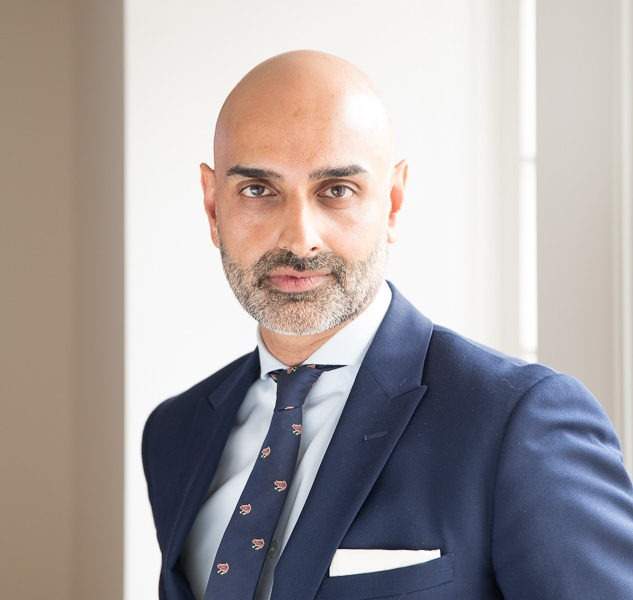
Europe’s UHNWs and their wealth managers need to adjust their approach to risk in the second half of 2020, says Harinder Hundle
Ever since the global financial crisis in 2008, investors in Europe have been risk-averse. While their counterparts in the US and elsewhere have taken higher allocation in public markets – and reaped the returns during a historic bull run – many of Europe’s wealthy families have watched from the sidelines.
Conventional thinking might suggest that the economic impact of coronavirus and the volatility that has ensued should cause investors to be even less confident and double down on conservative strategies, but the reality is quite the opposite. Now is the time to get back ‘in the game’.
European families should now be re-evaluating long-term strategic goals and rebalancing portfolios with disciplined asset allocation to meet them. Over the past decade, families in the US have been much more confident about investing in public markets than those in Europe.
But this is starting to change, and regionally investors are starting to find more value and opportunity in Europe. In many ways, the pandemic was a litmus test: if the European Union did not come together, the entire structure could have collapsed. Fortunately, that does not seem to be the case and as Europe rallies together, regional risk assets are starting to respond favourably, starting to narrow the outperformance in the US. Now is the time to maintain discipline in strategic asset allocation and be strategically positioned for a long-term allocation to European equities.
Click here for the Spear’s wealth management index 2020
Missing a few months of performance – or even just a few weeks – can have a major impact in terms of annualised returns. Again, a balanced allocation is important and stock selection will be key, with significant sector and stock variances. While families need a decent allocation in public equities, there continue to be opportunities in credit as well. In the US, where the Fed has been aggressive, a lot of pricing opportunities are already gone.
Bonds are trading back to pre-March levels, but that’s not the case in Europe. One other thing this crisis has shown is that there is just as much risk in private markets as there is in public.
But again, deep due diligence and selecting the correct private opportunities with high-quality management teams and sustainable businesses in this new environment will position families for the future. Families need to consider their wealth planning structures and be ready for the inevitable consequence of addressing significant fiscal deficits.
The lesson since 2008 is that squeezing the middle class is not going to be accepted politically, so new mechanisms to fix the fiscal gap will need to be found.
This crisis has shown the importance of truly understanding the risk in portfolios and recognising that with appropriate asset allocation, high-quality investment selection and maintaining liquidity, families can take advantage of the dislocations Covid-19 has presented and the new opportunities which are emerging.
Harinder Hundle is managing partner, London, at TwinFocus






